Dec 14, 2021
7 Urban Farming Trendsetters To Look Out For In 2022
Editor’s Note: Inspired by Whole Foods’ Top 10 Food Trends For 2022, the following list details some of the many indoor farming companies that are furthering the concept of “ultra-urban farming.” As there are numerous CEA farms around the world, this list is not exhaustive but rather meant to illustrate the variety of ways in which urban farms are creatively meeting the needs of their customers.
Pioneering urban farms are creatively and urgently responding to the growing customer demand for fresher and more delicious produce.
The global COVID-19 pandemic that limited countless individuals and families from accessing fresh produce accelerated a broader urban farming revolution. One that has been named “ultra-urban farming.”
This concept brings farming and fresher produce much closer to consumers - into their homes, into their supermarkets, into their office spaces, and into their communities - so that they can enjoy hyper-local crops on the regular. Beyond providing fresher greens and vegetables, these indoor farms help engage the community, educate on nutrition and plant health, improve our health, and help us pick up a new skill.
In their annual Top 10 Food Trends Report, American multinational supermarket chain Whole Foods Market named “ultra-urban farming” as the No. 1 trend for 2022.
Whole Foods Market themselves have been supporting this trend by opening a Gotham Greens greenhouse on top of their store in Brooklyn in 2013. This greenhouse continues to supply the supermarket below with fresh and sustainably grown herbs and salad greens, grown using 100% renewable electricity.
In 2018, they similarly opened up an in-store mushroom farm in their Bridgewater, N.J. location by partnering with Smallhold to bring gourmet mushrooms to consumers.
Let’s take a look at seven trendsetting urban farms that are helping make ultra-urban farming a reality.
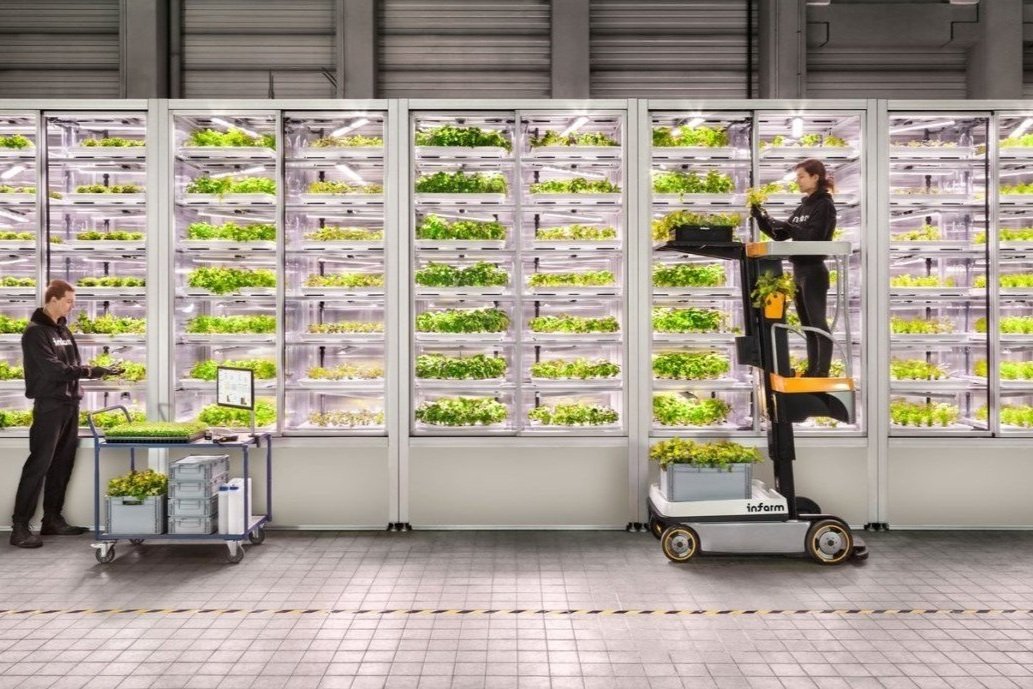
Infarm is going global
Vertical farming company Infarm has been rapidly expanding through Europe and North America with new retail partnerships with stores like Albert Heijn (Netherlands), Aldi Süd (Germany), Safeway and Thrifty Foods (Canada), Kinokuniya (Japan), Kroger (U.S.), and Marks & Spencer and Selfridges (U.K.). Their in-store operations now exist across 10 countries and 30 cities, enabling the Infarm team to harvest more than 500,000 plants monthly.
With vertical farms using an average of 38.8 kWh of electricity per kg of fresh produce (as per the 2021 Global CEA Census report), InFarm is dedicated to sourcing 90% of their electricity from renewable energy, and also has set plans to reach zero emission food production.
Agritecture’s Founder & CEO, Henry Gordon-Smith, shares that considering Infarm’s global reach, “no vertical farming company has captured the hearts of retailers and their shoppers quite like Infarm has.”
Download the 2021 Global CEA Census report TODAY!
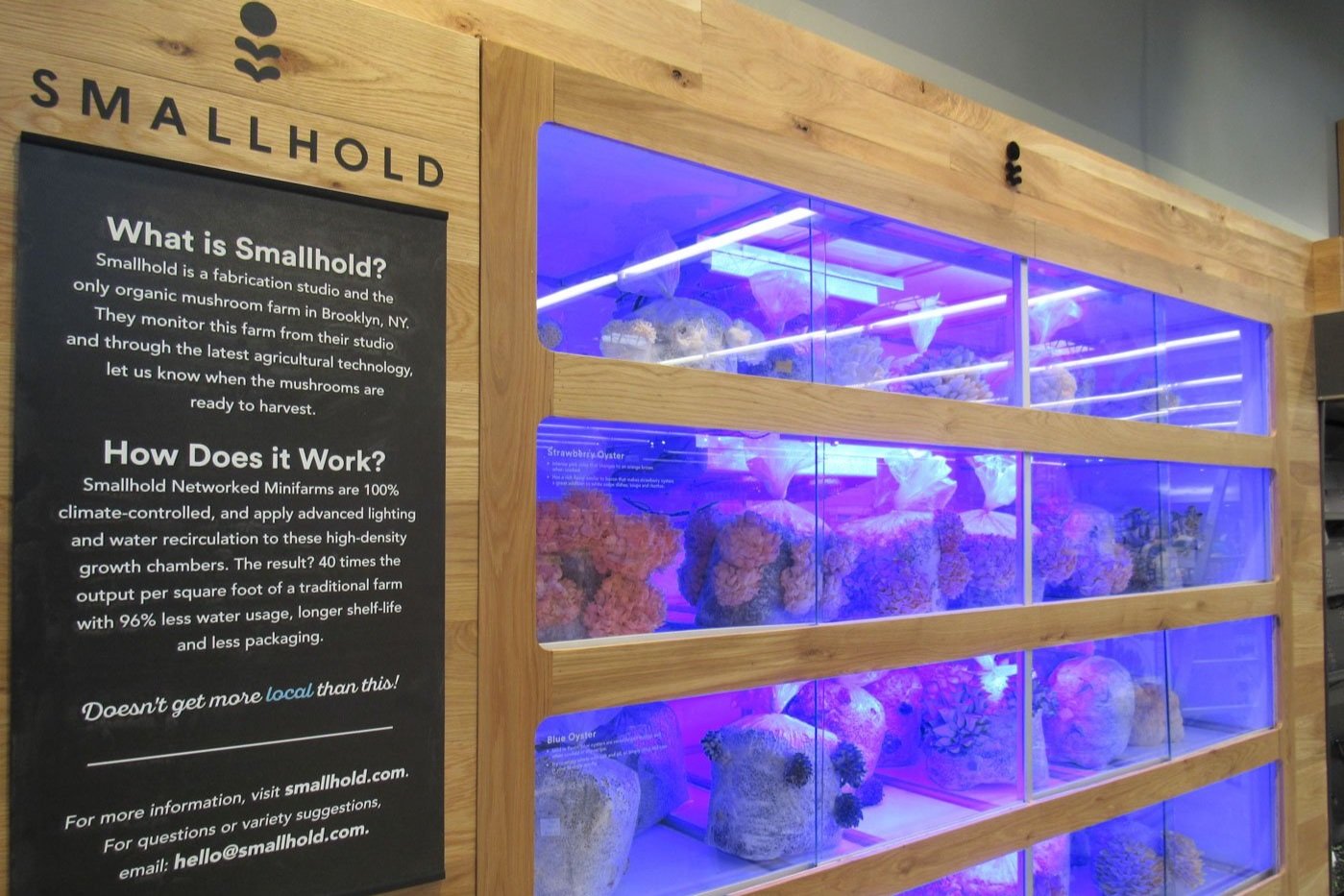
Smallhold is changing the face of a leafy greens dominated market
In October 2021, Smallhold closed its first investment round, securing US$25 million to grow organic mushrooms in local warehouses. This milestone is an indication of Smallhold’s success in changing consumer tastes.
During COVID, Smallhold pivoted to expand their reach beyond retail partnerships. This farming technology company launched subscription-based home grow kits to enable consumers to grow their delicious gourmet mushrooms at home. In terms of sales channels, they also expanded via home delivery services and pop-ups to sell mushrooms and grow kits to people where they are.
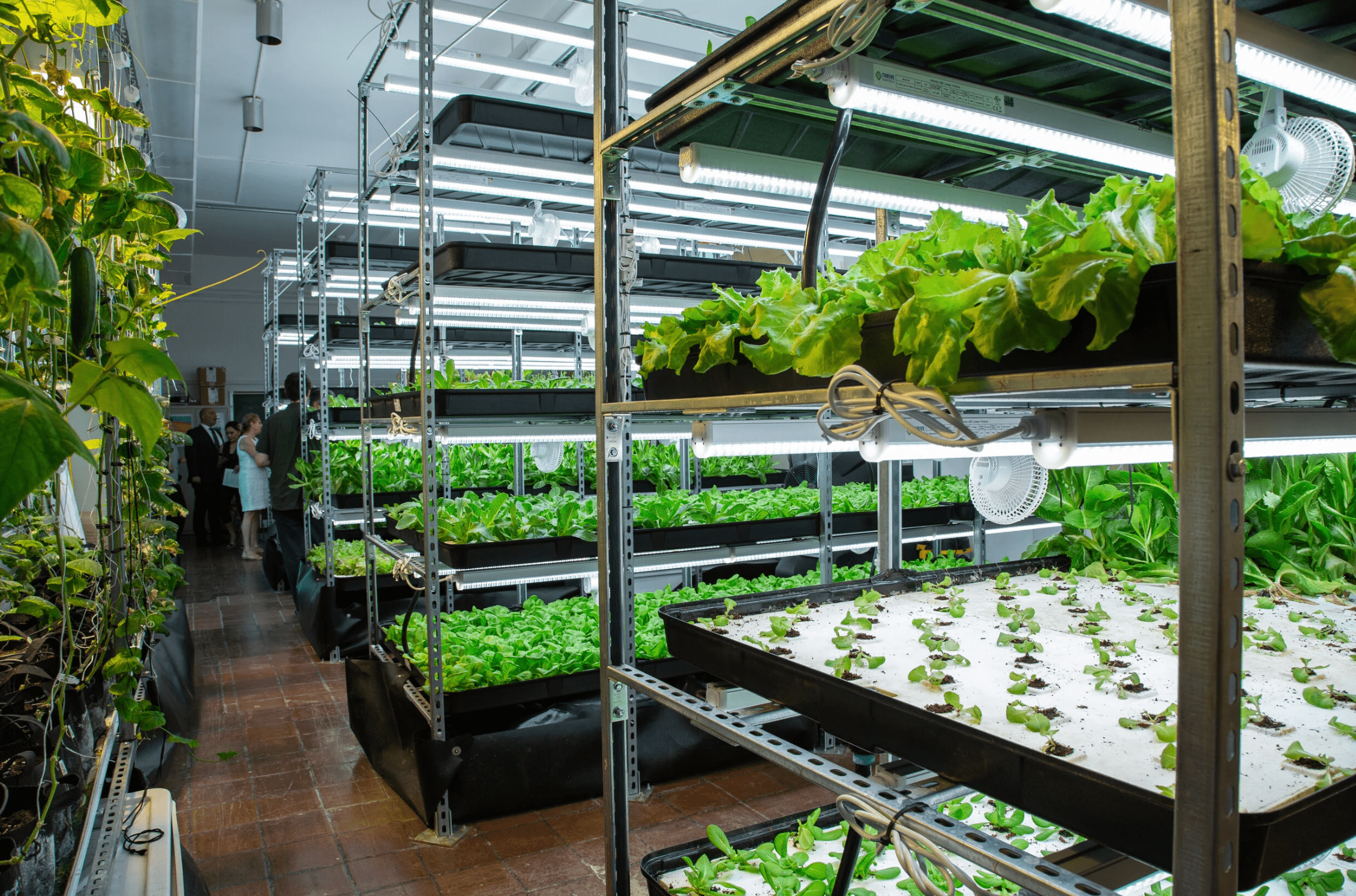
Teens For Food Justice is bringing ultra-urban farming to schools
Teens For Food Justice has been working since 2009 to feed communities and ensure a food secure future for all through empowering teens with the ability to farm in urban settings. This non-profit is galvanizing a youth-led movement to take on the growing food insecurity challenges and “bring good quality, affordable, fresh, healthy food access to communities across New York.”
Most recently, this USDA grant recipient is using their grant winnings to develop hydroponic farms in three schools in the Far Rockaways, New York. Working in partnership with the Queens South Borough Office of the New York City Department of Education, these farms will help TFFJ bring its programming to these three schools to build awareness, partnerships, and buy-in within the community to make it as robust an initiative as possible.

OCEANIX is leading the way with their sustainable floating city prototype
The Blue tech company OCEANIX has signed a historic agreement with the Busan Metropolitan City of the Republic of Korea and UN-Habitat to build the world’s first prototype sustainable floating city. Intrigued by the challenge of rising sea levels, where flooding is devastating communities, increasing food insecurity concerns, and creating more and more climate refugees, these partners “seek to innovate breakthrough solutions for coastal cities.”
The prototype’s flood-proof infrastructure will rise with the sea and produce its own food, energy, and freshwater with a fully integrated zero waste closed-loop system. This futuristic design is not only helping us better adapt to climate change’s numerous threats but is also creating a new definition of ultra-urban farming by integrating food into floating communities.
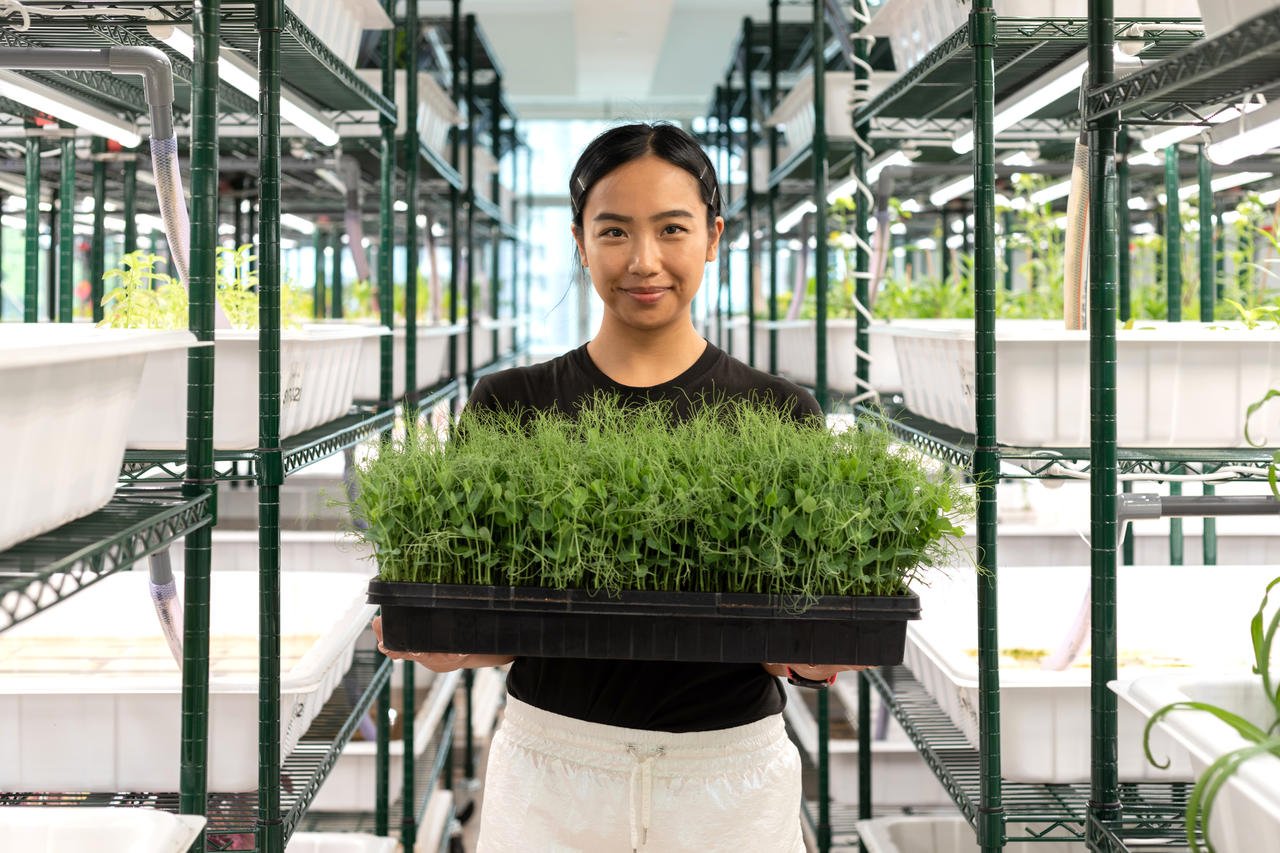
Common Farms is bringing indoor specialty produce to Hong Kong
As Hong Kong's first indoor specialty produce farm, Common Farms supplies Michelin-starred chefs and home chefs alike with exceptional microgreens, specialty herbs, and edible flowers to invigorate their recipes. Inspired by living in compact environments, the Common Farms team grows these particularly challenging crops (requiring strict temperature and time controls) in Hong Kong's hot and humid climate by combining the utilization of idle industrial spaces with vertical farming “to grow over 10x the amount of produce as an equivalently sized outdoor farm.”
Intending to expand in 2022, the team has already built a new farm in Aberdeen, Scotland. In an interview with Vertical Farm Daily, Jessica Naomi Fong, Founder and CEO of Common Farms, said that the company’s goal is to scale the principles and processes designed around high standards it holds (by itself and customers) to different crop categories.
Learn more about Common Farms in the Montel-sponsored webinar “Why Saving Space Matters in Vertical Farming” on December 17th.
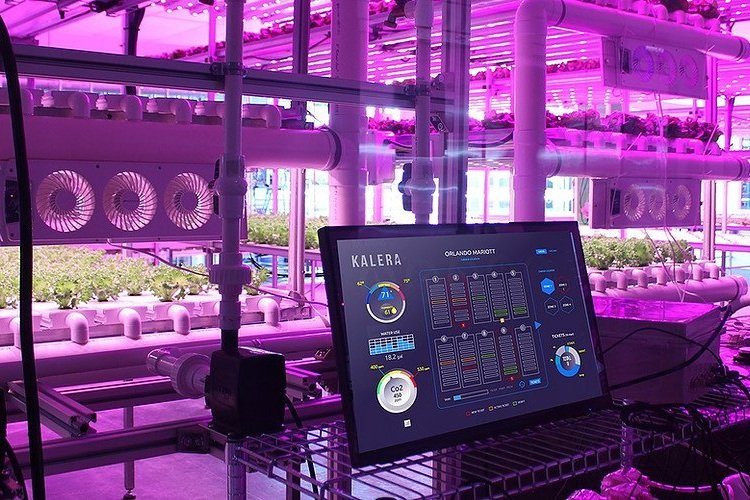
Kalera is launching its Singapore-based farm to support the island’s food security
Since acquiring &ever earlier in 2021, Kalera is set to launch their first indoor farm in Singapore in the second quarter of 2022 to grow and supply locals with fresh, nutritious, and pesticide-free leafy greens.
Following the recent funding award under the Singapore Food Agency’s (SFA) ‘30x30 Express’ Grant, this vertical megafarm and research center will further the island’s aim of producing 30% of its own food by 2030. The project is also said to “focus on hybrid lighting systems, a sustainable smart combination of sunlight capturing systems with next-generation LED grow lights.”
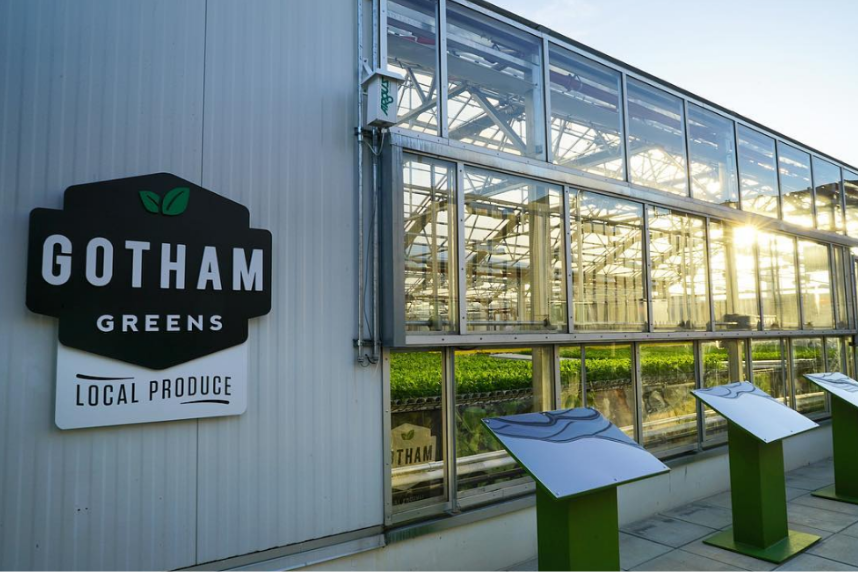
Gotham Greens is the B Corp bringing greens to retail stores nationwide
As mentioned in Whole Foods’ Top 10 Food Trends Report, Gotham Greens has been leading the ultra-urban farming movement ever since opening the first-ever commercial greenhouse farm integrated into a supermarket. This pioneering 20,000+ square foot rooftop greenhouse on top of the Whole Foods store in Gowanus, Brooklyn, has paved the way for other farming companies to set up mini- and commercial-scale farms in and around retail stores.
But, the team didn’t stop there. As of most recently, Gotham Greens opened their first-ever California greenhouse, and announced earlier in December that they’ve earned their B Corp certification. In 2021 alone, Gotham Greens has expanded into more than 800 additional retail stores, bringing its total store count to approximately 2,800 nationwide.



